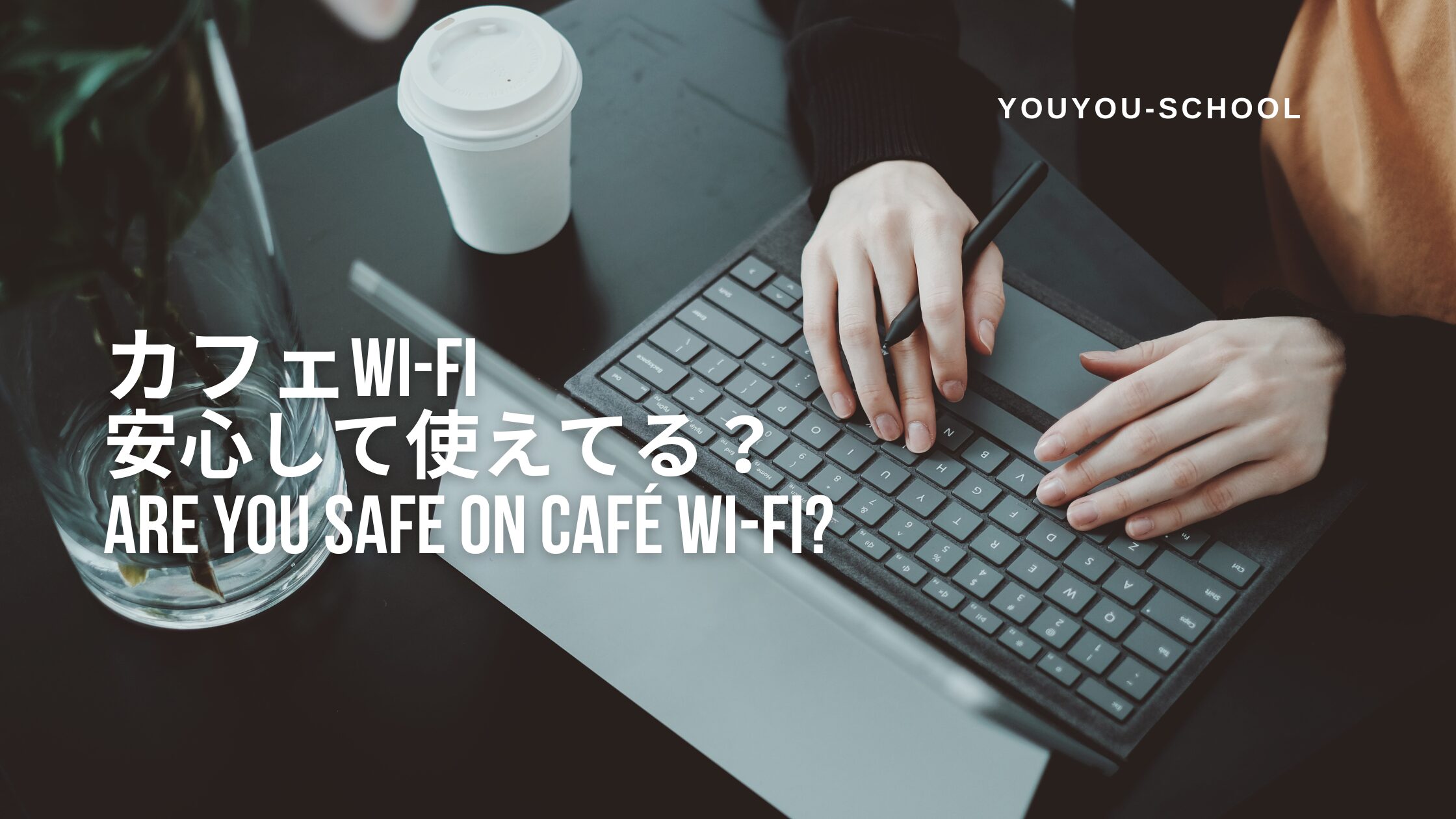Working in a café is one of the simple pleasures of modern life. A fresh cup of coffee, a cozy seat, and your laptop—it feels productive and relaxing at the same time.
But when it comes to internet security in cafés, there’s an important question to ask:
Should you use the café’s free public Wi-Fi, or switch to tethering with your smartphone?
If you’re logging in to sensitive apps or websites that require a password—like online banking, email, or work-related cloud services—the answer is clear: tethering is the safer choice.
In this article, I’ll explain the risks of public Wi-Fi, why tethering is more secure, and the best practices to protect your data while working in a café.
The Risks of Public Wi-Fi
Free Wi-Fi in cafés, airports, and train stations is convenient, but it comes with security risks:
- Unencrypted connections: Hackers may intercept and monitor your activity
- Fake hotspots: You might connect to a malicious Wi-Fi network without realizing it
- Shared network attacks: Other users on the same Wi-Fi can attempt to access your device
That’s why cybersecurity experts often warn: public Wi-Fi is not safe for sensitive tasks. It’s fine for checking the news or streaming videos, but not for online banking or entering confidential information.
Why Tethering Is Safer
So, is tethering safe? The short answer: yes—much safer than public Wi-Fi.
When you tether your laptop or tablet to your smartphone’s mobile data, you’re using a private, encrypted connection.
- Stronger security: Mobile networks are harder to intercept than open Wi-Fi
- More reliable: No overcrowded connections like in busy cafés
- Flexible use: You can switch between public Wi-Fi for casual browsing and tethering for secure tasks
Personally, I always switch to tethering when I log in to bank accounts, work platforms, or cloud storage. It gives me peace of mind, knowing my data is protected.
Extra Security Tips for Café Work
Tethering is safer, but you can boost your security even further with these practices:
- Use a VPN to encrypt all internet traffic, whether on Wi-Fi or tethering
- Enable two-factor authentication (2FA) for important accounts
- Turn off Wi-Fi when not in use to avoid automatic, unsafe connections
These simple steps greatly reduce your chances of falling victim to cyberattacks.
Conclusion: Choose the Right Connection
Café Wi-Fi is convenient, but not safe for sensitive activities.
💡 Here’s the best approach:
- Public Wi-Fi → for browsing, streaming, or light tasks
- Tethering → for banking, emails, and important work
By understanding the risks of public Wi-Fi and using tethering for security, you can enjoy your café time without worrying about your data.

Purr, so calm~



